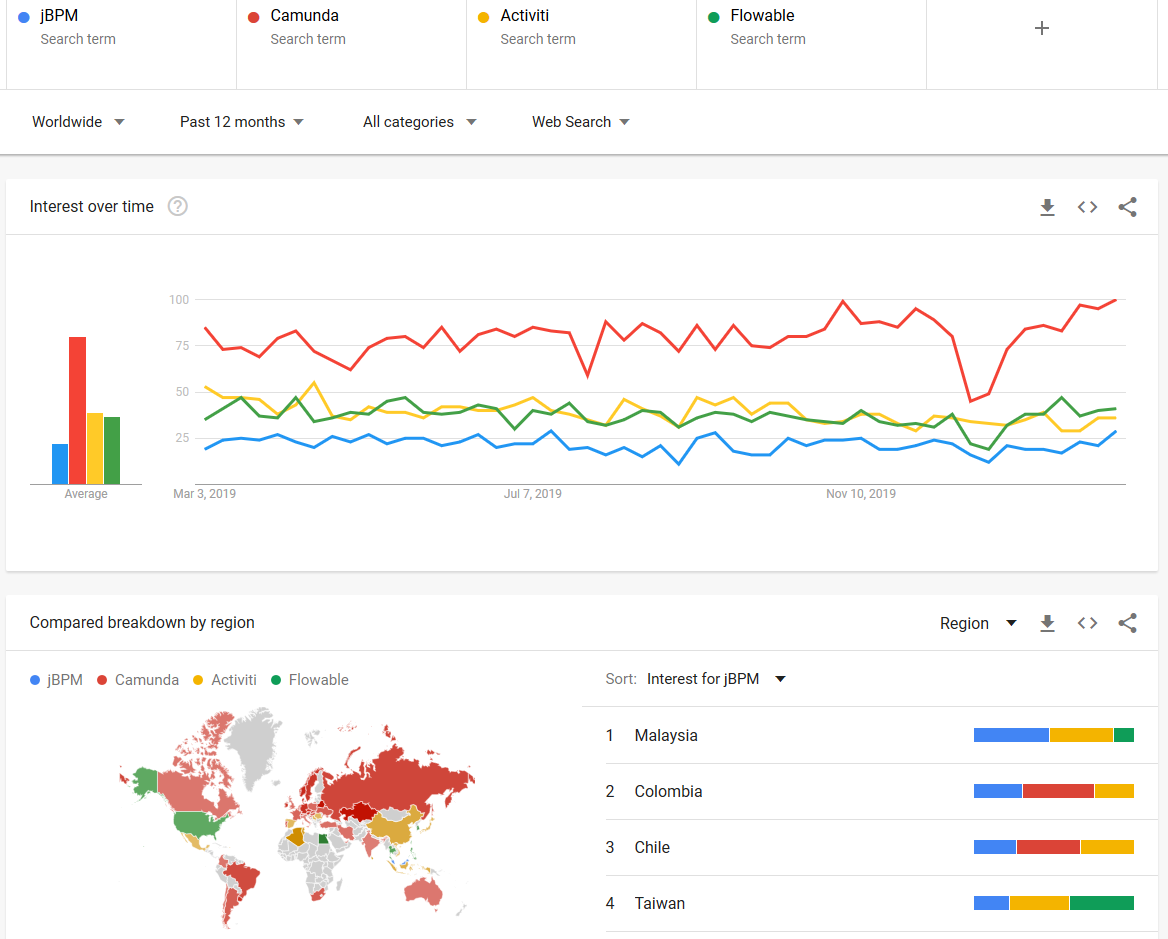jBPM and Activiti Both are BPMN engines
But on Comparing both of them
but still jbpm is under development phase so is activity
Whatever is your requirement, everything is available in jbpm ,it is very good BPM but as compared to Activity it is bit complex and not so fruitful.
So if you are yet to decide which bpm I would suggest you to go for Activity because integration of anything with Activity say LDAP or Spring is preety easier as compared to JBPM.
Also you can easily learn Activity because of good userguide and documentation provided by community, but in case of JBPM userguide as well as documentation neither are so helpful. Also Developer guide book is also not up to the mark.
Well ball is in your court ,you have to take decision.
All the Best.
chk this Link
http://www.mastertheboss.com/activiti-bpmn/jbpm-vs-activiti-which-to-choose

